But 17 is odd number and i can't make it like others two
If you want a rough and ready circuit, the old and well-trodden "divide by \$2^n - 1\$" method using an exclusive OR gate should be sufficient. So you can can make a divide-by-three using a divide-by-four circuit and one exclusive or gate. Then cascade this with a divide-by-6 circuit and you have a divide-by-18 circuit. Using the same exclusive or gate trick this can be made into a divide by 17. Schematic of divide-by-three: -
Waveforms: -
As you can see the Vout waveform (red) is the input clock (blue) divided by three. So, if you want a divide-by-six then use a divide-by-eight and two exor gates: -
As you can see the above circuit takes a divide by-eight and, using two exclusive or gates, turns it into a divide-by-six.
So, cascade the divide-by-three and the divide-by-six to make a divide-by-eighteen then, using another exclusive or gate make it a divide-by-seventeen: -

The above is a divide-by-seventeen circuit.
I have a task to make frequency divider by 12, 17, 30
I think you should be able to figure out the divide-by-thirty for yourself but, if you need help, leave a comment.
